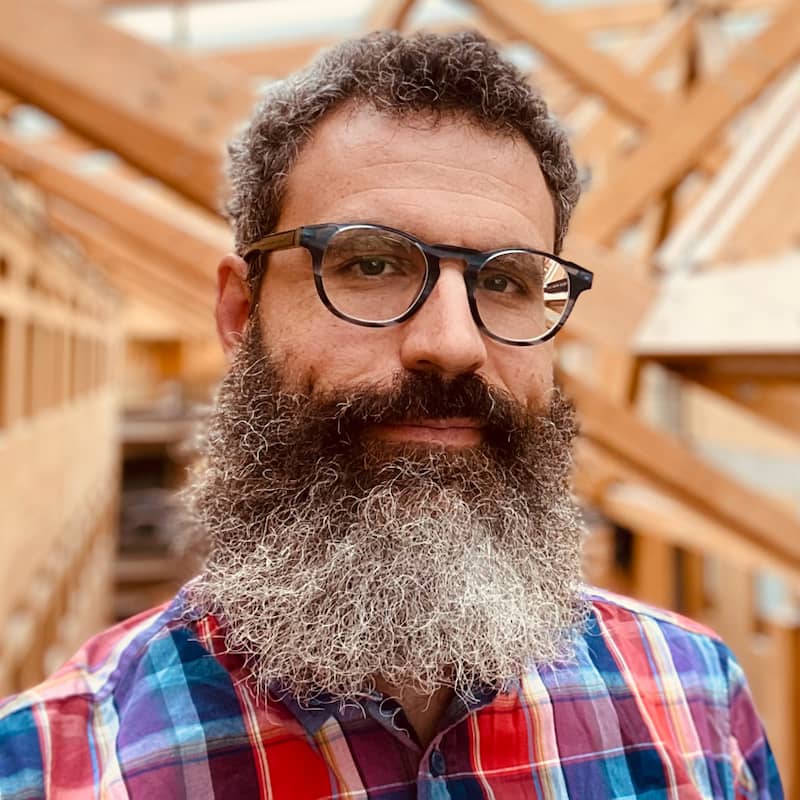Assistant Professor, Forest Resources Management, UBC
Dr. Gregory Paradis is Assistant Professor of Forest Management in the Department of Forest Resources Management (Faculty of Forestry) at the University of British Columbia (UBC), where he leads the Forest Resources and Ecosystem Services Hub (FRESH) lab. His research spans a wide range of forest management problems, with a common thread being the application of operations research (OR) methods to formulate and solve mathematical programming representations of complex decision problems. He uses a systems approach to modelling interactions between ecosystems, industrial supply chains, governments, and society. His research interests lie at the intersection of forest science, forest economics, forest and industrial engineering, data science, computer science, and operations research. In addition to his academic credentials, Gregory has over two decades of professional experience working with the forest sector.
Presentation Abstract
Abstract:
British Columbia’s forest sector faces increasing timber supply challenges due to past disturbances, shifting climate conditions, and uncertainty in future forest productivity. While commercial thinning is well understood at the stand scale, its potential role in mitigating mid-term timber supply shortages at the landscape scale remains an open question. This study explores how thinning, combined with species diversification and assisted migration, could influence future timber availability under a changing climate. Using a forest estate modeling framework, we assessed long-term timber supply scenarios in interior BC. Results suggest that thinning can smooth short-term supply fluctuations but does not fully resolve long-term shortages. Meanwhile, multi-species planting appears to enhance long-term resilience—though some model outputs may overestimate benefits, highlighting the need for empirical validation. We invite discussion on model limitations, alternative simulation approaches (e.g., agent-based modeling, game theory), and opportunities for collaborative field trials to test these concepts in real-world settings. Let’s move the conversation beyond theory and into practical application.

